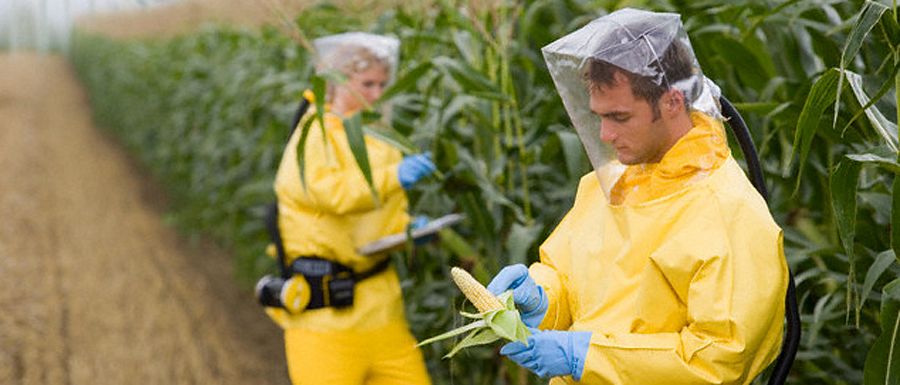Societal fears associated with genetically modified organisms, GMOs, are largely associated with the grey area of ignorance about their possible future effects.
Polarised perspectives portray these biotechnologies as productive, efficient ways of feeding the world or manipulative, unnatural experiments bringing potential harm to health and the environment.
Zoe Robaey took a practical approach in her PhD research on this issue, as not all GMOs are the same. She also did not address parallel issues of whether GMO products are real food.
“I wanted to go beyond the good versus bad debate,” she said, “and define a playing field where I could use ethical concepts in a dialogue about the issue.”
Social experiment
Genetically modified seeds are already being applied so they are a de facto experiment happening in society. She addressed how this large scale social experiment should best be conducted. Who can do what with seeds and how is a hotly contested issue connected to their legal ownership, now initially in the hands of the agrobiotech industry.
There have been cases of biotech firms enforcing their rights on farmers for inadvertently cultivating replicated seeds blown onto their fields. Different societal groups have differing moral values associated to GMO food though the right actions they should take are not possible to establish, as the potential risks are unknown.
Bringing these aspects together Robaey proposed the forward looking moral responsibility of all those involved in the agrotech supply chain to strive for a desirable outcome, despite uncertainties. The current state of affairs means these parties are innocent until proven guilty, and the technologies are harmless until proven otherwise.
Collective learning
As ownership and rights shift along the supply chain it seemed logical to focus on the owners. They are the ones claiming the rights and benefits of the technologies. Since ownership is split, some rights retained by supplier and manufacturers, they all should have the shared forward looking moral responsibility to do no harm. To best take on uncertain risks they should adopt a collective learning mindset, using this to define the appropriate actions in delivering their technologies. Currently ownership is transferred with no attention to a balanced distribution of risks and responsibilities.
The design of GMO food products cannot include technical safeguards covering all undesirable outcomes and the feedback from farmers in the fields can contribute to responsible technological development. But they should be supported by biotech firms and science, for example, making traceable seeds and investing in monitoring.
Zoë Robaey Thesis: ‘Seeding Moral Responsibility in Ownership. How to Deal with Uncertain Risks of GMOs.’
PhD supervisor: Dr. I.R. van de Poel (Faculty of Technology, Policy and Management). Defence date: January 19, 2017



Comments are closed.